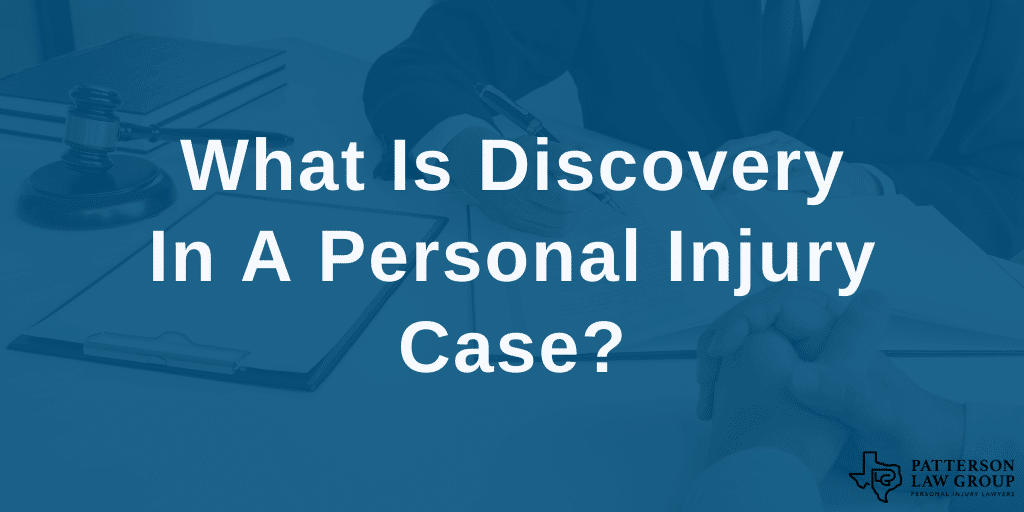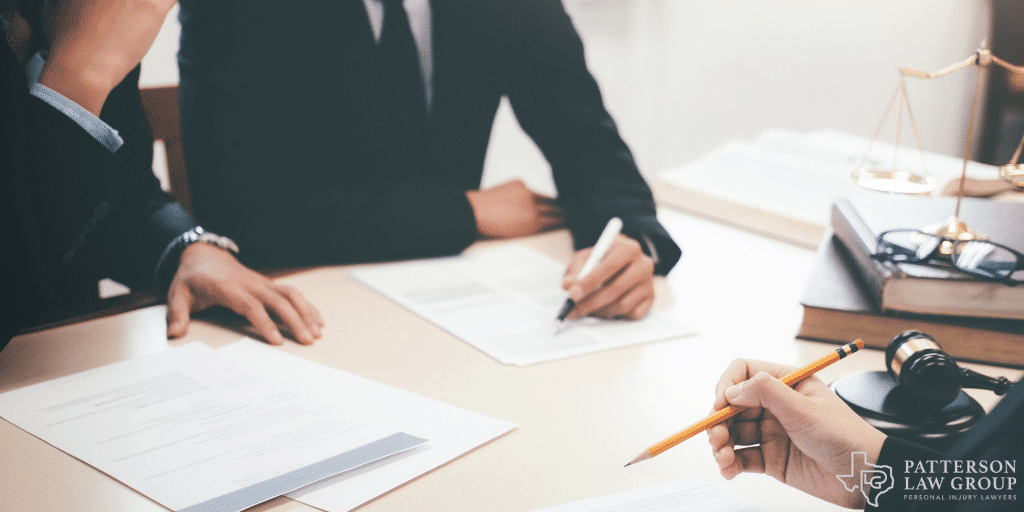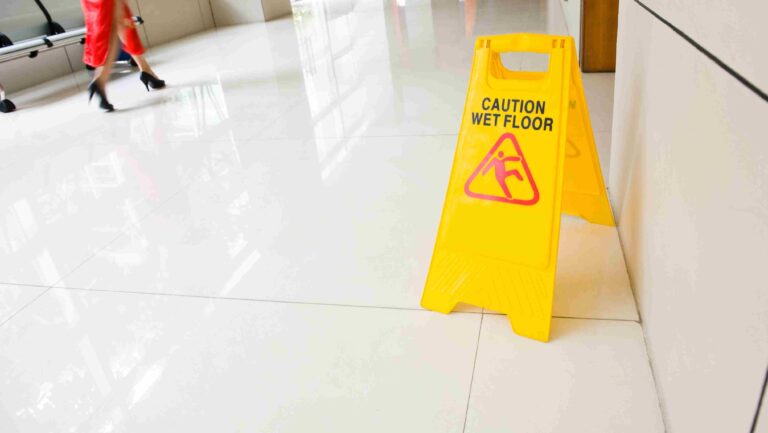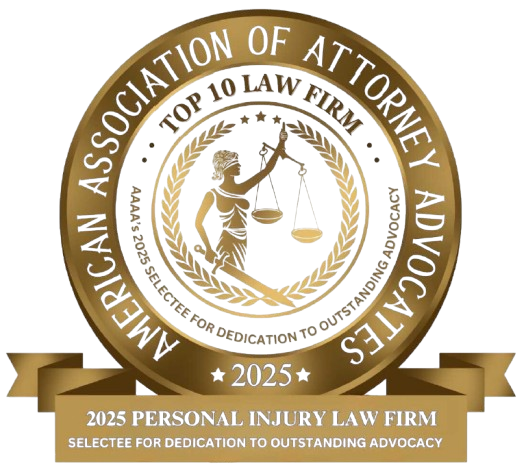
Discovery is one of the essential steps when building a personal injury case. Discovery is the process of gathering evidence to support the claim of a party in a personal injury case. This evidence is gathered from the plaintiff, defendant, and relevant witnesses.
Discovery includes interrogatories, depositions, requests for admission (i.e. admission of guilt), and other similar evidence-gathering methods. Discovery can be a long, complicated, and sometimes expensive process.
If you are a part of a personal injury case, your lawyers will have to engage in discovery before taking any serious steps towards bringing a claim to trial. You can help your lawyer by providing as much information as possible before discovery begins.
The 4 Standard Types of Discovery For A Personal Injury Case
Discovery can cover a lot of different areas, but there are a few main steps that lawyers take in gathering discovery. These steps provide a foundation for the case so that it can be easily proved if and when it goes to trial.
Shortly after a petition and citation are served to the defendant, the lawyers of both the defendant and the plaintiff will gather information from the opposing parties. They will use all this evidence to build a case.
To make the process of Discovery smoother, you can and should keep records of any evidence related to your claim, including:
- Medical bills and records
- Photos of the accident scene
- Photos of injuries
- Receipts or invoices for other repairs
- Proof of lost income
Speak To A Personal injury Lawyer Now
Step #1 Interrogatories
Interrogatories are written documents filled with questions that will be sent to each party involved in a case. These documents must be filled out with appropriate answers within a designated period of time, such as 30 days.
All responses to interrogatories are deemed to be under oath and must be truthful and accurate. Interrogatories have a very broad definition–they can include identifying information, questions about witnesses and evidence to be used in the case, and opinions or statements of what happened.
After filling out an interrogatory, you must sign it and return it to the lawyers who sent it out. The answers provided can be used in settlement negotiations and in court.
Step #2 Requests For Admission
Requests for admission usually involve asking a party to admit or deny facts in one or more areas. A party who is served a request for admission must answer within 30 days. If a party does not answer, their silence could be considered a deemed admission.
Requests for admission typically apply to very simple facts in a case. These requests are used to narrow down what still needs to be accounted for and proven in further investigations.
Step #3 Requests For Production
In a typical personal injury case, lawyers need solid evidence to make a claim. They will request opposing parties to provide them with clear and compelling evidence in the form of documentation.
Lawyers might request any of the evidence you have gathered over the course of your recovery from the accident, including:
- Medical bills and records, proving the severity and cost of your injuries. Sometimes, lawyers will also ask for an independent medical examination to prove the injuries were caused by the accident and resulted in enough loss to be used in the case.
- Proof of lost income, in the form of income statements, excuses from work, etc. This evidence will be used to prove how much time you had to take off work because of the accident and how much income you lost as a result.
- Bills from property repair, such as that performed on your car in a car accident claim. This evidence is helpful for determining how much economic damage you can claim in your case.
- Photographs of the accident scene, used to prove why and how the accident likely happened.
To help the process of discovery, you should keep all your records in one place. This will help you and your lawyers find the necessary evidence to support your claim.

Step #4 Depositions
A deposition is an in-person question and answer session between the attorneys on a case and the opposing party. Depositions can be taken of the plaintiff, defendant, and any relevant witnesses or family members who can provide reflevant information.
Depositions can cover a lot of ground, depending on what the lawyers want to ask. Depositions are very important to personal injury claims. They provide attorneys and any judges in the case with a clear view of each party. For example, if a plaintiff handles the questioning very well and provides convincing evidence of injury and loss, they will have a much stronger case than if they fumble and fail to answer questions.
In some court cases, deposition testimony is the main form of evidence used. It is a crucial piece of the discovery process and often takes the most time and money.
How Long Does The Discovery Process Take?
The discovery process often takes several weeks, if not months, to complete. Discovery involves:
- Sorting through thousands of documents.
- Waiting for answers to interrogatories.
- Setting up depositions for multiple parties.
- Sometimes waiting on doctors and other professionals to provide treatment and records.
Speak To A Personal injury Lawyer Now
Personal Injury Cases Are Built In The Discovery Phase
While discovery takes a large portion of time in a personal injury case, it is absolutely necessary. Discovery allows a lawyer to build a strong argument for who is at fault and what compensation a plaintiff deserves.
If you have been in an accident and decided to file a personal injury claim, you are probably tired of waiting for the case to be finalized so you can get the compensation you deserve. But you’ll have to wait a little longer!
Discovery is the foundation of any good case! Without discovery, lawyers have little evidence to build a case. With over 80 years of combined experience in personal injury claims, Patterson Law Group can help you reach the best settlement possible. Give Patterson Law Group a call for a free consultation today!










